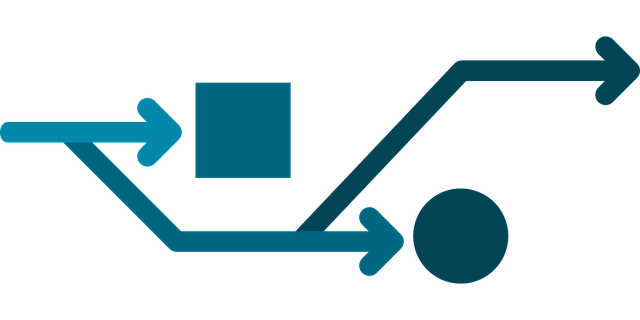Daniel Goleman, in his interview for the online 2018 Mindfulness at Work Summit identified “adaptability” as the one of the emotional intelligence competencies that fall under the self-management group of competencies.
Adaptability is often assessed during job interviews for manager positions because the pace of social change, the convergence of technological innovations and economic discontinuities demand adaption by managers who have responsibility for people, infrastructure and financial resources.
As Reg Revans, the father of action learning, pointed out very early, “The past is no precedent for the future”. This is especially true in turbulent times. The maxim also applies to employees other than managers as they are frequently required to adapt to structural change, job redesign, system innovations and procedural improvements. A lack of adaptability can be manifested in people who are focused on the past rather than embracing the opportunities presented by organisational changes.
Goleman suggests that resilience is different to adaptability in the sense that it is more about a person’s capacity to bounce back from setbacks or personal difficulties. The time required to restore equilibrium after a major upset or source of distress is a measure of a person’s resilience and, in that sense, is considered by Goleman as more an aspect of another emotional intelligence competency that he terms, “emotional self-control”.
Adaptability, in his view, is more about being agile, being able to move with the times rather than becoming fixated with the way things are now. According to Goleman, research conducted by Richard Boyatzis confirms the view that high adaptability is not only a good predictor of career success but also of overall life satisfaction and happiness.
If you are lost in resentment or anxiety, it is very difficult to be adaptable because you are preoccupied with other time scenarios in the past or the future.
As people grow in mindfulness through meditation, they can gain the self-awareness to identify their own thoughts and emotions that block their adaptability and impede their progress in life.
By Ron Passfield – Copyright (Creative Commons license, Attribution–Non Commercial–No Derivatives)
Image source: courtesy of badalyanrazmik on Pixabay
Disclosure: If you purchase a product through this site, I may earn a commission which will help to pay for the site, the associated Meetup group and the resources to support the blog.
